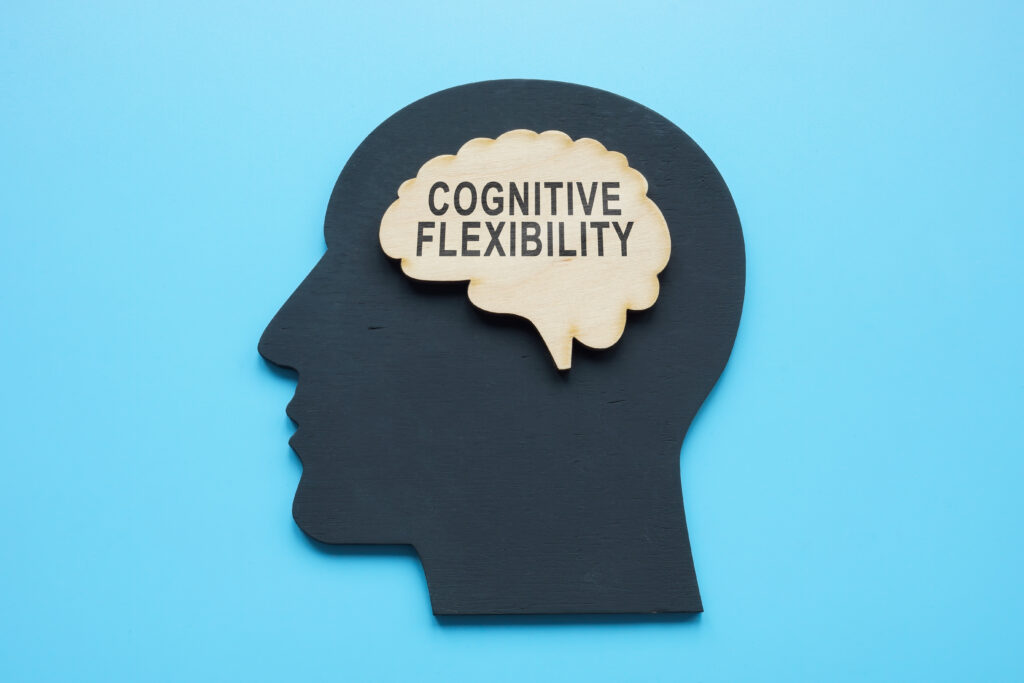Alzheimer’s disease is a progressive brain disorder that affects millions of people worldwide. It is a form of dementia that causes a decline in memory, thinking, and behavior. As the disease progresses, it can have a significant impact on one’s ability to express and engage in creative activities.
Creativity is the ability to think and express oneself in an original and imaginative way. It is an essential aspect of human nature that allows us to explore new ideas, solve problems, and bring beauty to the world. However, as Alzheimer’s disease takes hold, individuals may experience changes in their creative abilities.
In the early stages of Alzheimer’s, people may still be able to engage in creative activities without much difficulty. They may continue to paint, draw, write, or play music as they always have. However, as the disease progresses, individuals may start to experience changes in their creative process.
One of the major changes in creativity during Alzheimer’s progression is a decline in abstract thinking. Abstract thinking is the ability to think in terms of ideas and concepts rather than specific objects or situations. It is a crucial component of creativity as it allows individuals to see connections between seemingly unrelated things and come up with new ideas. However, as Alzheimer’s disease affects the brain, it can impair this ability, making it difficult for individuals to come up with new and innovative ideas.
Another change that may occur is a decline in executive function. Executive function refers to a set of mental skills that help individuals plan, organize, and execute tasks. It is essential for creative endeavors as it allows individuals to follow through with their ideas and turn them into reality. However, as Alzheimer’s progresses, individuals may struggle with executive function, making it difficult for them to complete creative projects.
Additionally, individuals with Alzheimer’s may also experience changes in their motor skills. Motor skills refer to the ability to control and coordinate movements. As the disease affects the brain, it can lead to changes in motor skills, making it challenging for individuals to engage in activities that require fine motor skills, such as painting or playing an instrument.
As the disease progresses, individuals may also experience changes in their emotional state. They may become more withdrawn, apathetic, or easily agitated. These changes can have a significant impact on one’s motivation and ability to engage in creative activities.
Despite these changes, it is essential to note that creativity is not entirely lost in individuals with Alzheimer’s. While they may struggle with certain aspects of the creative process, they may still be able to engage in creative activities that bring them joy and a sense of accomplishment.
One way to support creativity in individuals with Alzheimer’s is through reminiscence therapy. This type of therapy uses images, music, and other sensory cues to trigger memories and spark creativity. By tapping into past experiences and memories, individuals with Alzheimer’s may be able to express themselves creatively and engage in meaningful activities.
Another approach is to focus on the process rather than the outcome. Instead of aiming for a final product, individuals can engage in open-ended creative activities such as collage making, coloring, or free-form painting. This approach can help reduce frustration and allow individuals to enjoy the process of creating without the pressure of achieving a specific result.
It is also important to create a supportive and safe environment for individuals with Alzheimer’s to express their creativity. Caregivers and family members can provide the necessary materials, encouragement, and emotional support to help individuals engage in creative activities. They can also adapt activities to fit the individual’s abilities and interests.
In conclusion, Alzheimer’s disease can have a significant impact on one’s ability to express and engage in creativity. As the disease progresses and affects different areas of the brain, individuals may experience changes in their abstract thinking, executive function, motor skills, and emotional state. However, with the right support and approach, individuals can still find ways to express themselves creatively and engage in meaningful activities. Creativity is a fundamental part of being human, and it is crucial to continue nurturing it, even in the face of Alzheimer’s.


